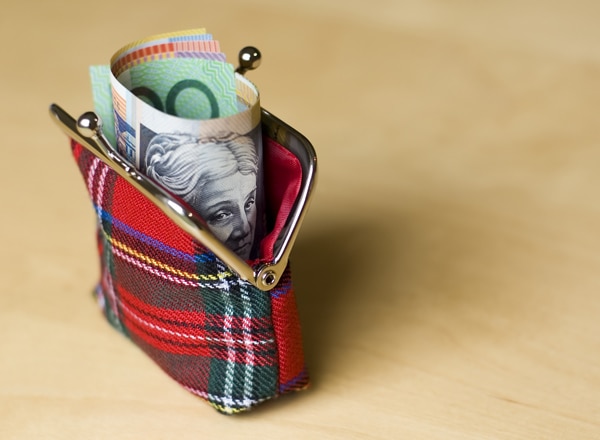What is Petty Cash?
Petty Cash definition
Petty cash is a small amount of cash that a business keeps on hand to pay for small expenses such as postage, office supplies, or other miscellaneous expenses. The amount of petty cash is usually kept low, and it is often managed by one designated person, known as the petty cash custodian. Petty cash can be used in situations where it is inconvenient or impractical to use a check or credit card, especially for small or infrequent transactions.
The process of using petty cash typically involves the petty cash custodian disbursing funds from the account upon receipt of a petty cash request form submitted by an employee who incurred an eligible expense. Receipts for the expense are usually attached to the form and reviewed by the petty cash custodian in order to verify the validity and purpose of the expense. The custodian then replenishes the petty cash account and records the transaction.
It's important to note that petty cash accounts should be reconciled and replenished regularly to ensure accurate tracking of expenses and to avoid shortages or overages. The amount of petty cash on hand should also be kept secured and accounted for, as it represents company funds.
Petty cash is often used to cover relatively small expenses that do not justify the time and expense of using regular accounting procedures. Instead of writing a check or using an electronic payment method, the company can use petty cash to cover the expense. Examples of expenses that might be paid from petty cash include postage, office supplies, and minor repairs.
While petty cash can simplify the payment process for small expenses, it does require some administrative management to ensure that it is used effectively and that company funds are protected. One important aspect of managing petty cash is to keep careful records of all transactions, including how much money is paid out and for what purpose. The petty cash log should include the date, the payee name, the amount paid, and a description of the expense.
In addition, the petty cash fund should be reconciled on a regular basis to ensure that there are no discrepancies between the amount of cash on hand and the recorded total. Any differences or discrepancies should be investigated and resolved promptly.
Finally, it's important to remember that petty cash is still company funds and should be treated with the same level of care and accountability as any other financial asset. Petty cash should be kept secure and away from potential theft or loss, and only authorized personnel should have access to it.
Overall, petty cash is a useful tool for businesses to manage small, infrequent expenses. However, it requires careful management and oversight to ensure that it is used effectively and that company funds remain secure.







